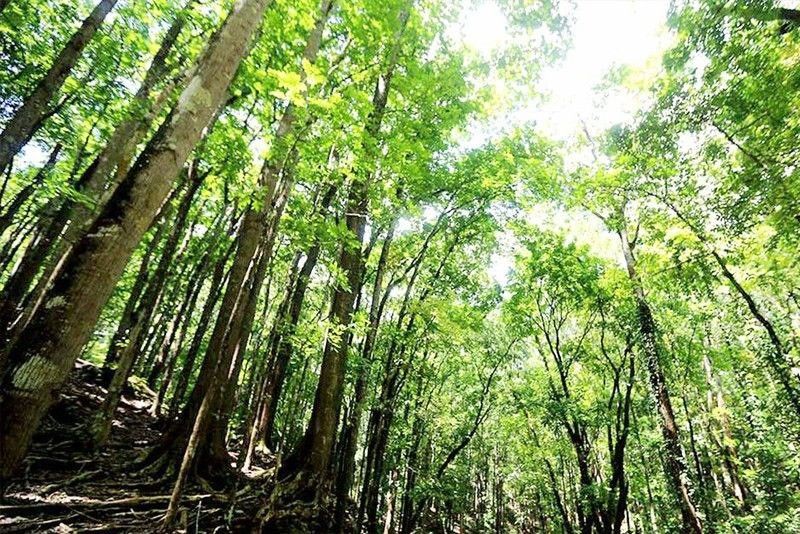TYKFI’s Legacy Forest Project ensures biodiversity, watershed protection

MANILA, Philippines — Biodiversity has improved significantly in three forested areas in Nueva Ecija, Laguna and Quezon, where the Lucio C. Tan Legacy Forest Project started to plant trees six years ago, environmental experts revealed yesterday.
The project of the Tan Yan Kee Foundation Inc. (TYKFI) to restore degraded forests and protect existing ones has covered over 1,000 hectares in the three provinces since its launch in 2014.
TYKFI’s flagship reforestation project is a protected area in Nueva Ecija, which had been planted with seedlings of suitable species like alibangbang, acacia mangium, ipil-ipil, narra, agoho, molave, Benguet pine and batino.
Over a million seedlings of these various species now cover 930 hectares of the natural reserve.
As a result, an assessment survey of various flora and fauna by the Nueva Vizcaya State University (NVSU) reflected an improved biodiversity index of the existing patches of natural forest in the area.
Likewise, experts commissioned by the TYKFI in 2017 estimated the carbon stock and sequestration potential of the reserve at a carbon average of 77.80 metric tons/hectare or .59 ton/tree.
This means that a hectare of the reforested area in Nueva Ecija would have sequestered at least 283.63 metric tons of carbon dioxide from the air at the time of study.
Meanwhile, another 600 hectares at the UP Land Grant in Quezon and Laguna have been covered by the reforestation project, as well as five hectares of mangroves in Las-Ud, Ilocos Sur and in Boracay Island. A majority of the species planted are native trees.
Today, most of the seedlings grown in the rain-rich UP Laguna-Quezon Land Grant areas are full grown and forest gaps fully reforested.
Dr. Lucio C. Tan started to plant trees in these areas with the goal of mitigating the effects of climate change and providing livelihood opportunities to many unemployed residents in the selected reforestation sites.
Six years on, reinvigorated flora and fauna, clean watersheds and protected wildlife have been the priceless gifts of these efforts.
“With millions of new trees, plants and other vegetation added to the thousands of species endemic to the project areas, pure clean water has since then continued to flow freely through rivers and streams, allowing for renewed forests and protection of the endangered wildlife. The forests then produce more clean and quality water that sustains life of the trees that prevent soil erosion and floods in the lowlands,” Tan said in a statement.
He noted that both the recent massive flooding and water supply disruption in Metro Manila could have been prevented with proper watershed management.
“Water is essential to all life forms so we have to help manage and care for it. Roots of trees help break up compacted soil and open up space so that water can be absorbed deep into the soil through ground storage and in large quantities. The groundwater becomes available for pumping to the surface and slowly flows to the rivers via sub-surface manner which improves water supply, especially during the dry season when it is most needed,” Tan explained.
Pleased by the gains of the Legacy Forest Project, Tan announced that the TYKF would soon start to plant another million trees in the vast mountain area of Tanay overlooking the Sierra Madre Mountains.
This would not only protect the lowlands of Rizal and Metro Manila, but produce much needed timber, fuelwood, charcoal, food and paper products for the next generations.
Meanwhile, the foundation also supported marginalized farmers in another town within the Protected Landscape through its Small Water Impounding Project (SWIP), which ensures water supply for the nurseries and helps prevent forest fires.
“Amidst the recent calamities that destroyed lives and multibillion-peso worth of produce and properties, we must jointly address climate change now. The fate of our fellow Filipinos tomorrow lies with our ability to nurture and protect the environment today,” Tan said.
- Latest
- Trending































